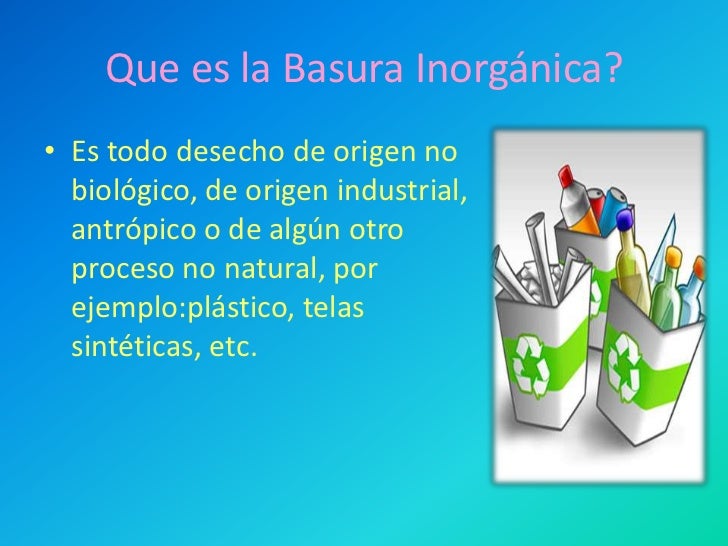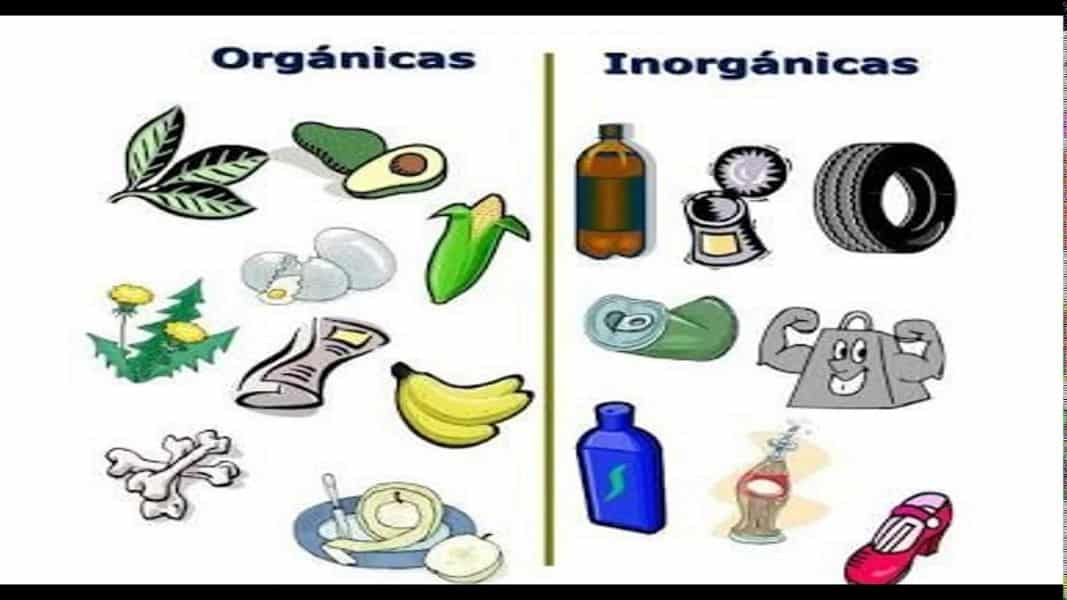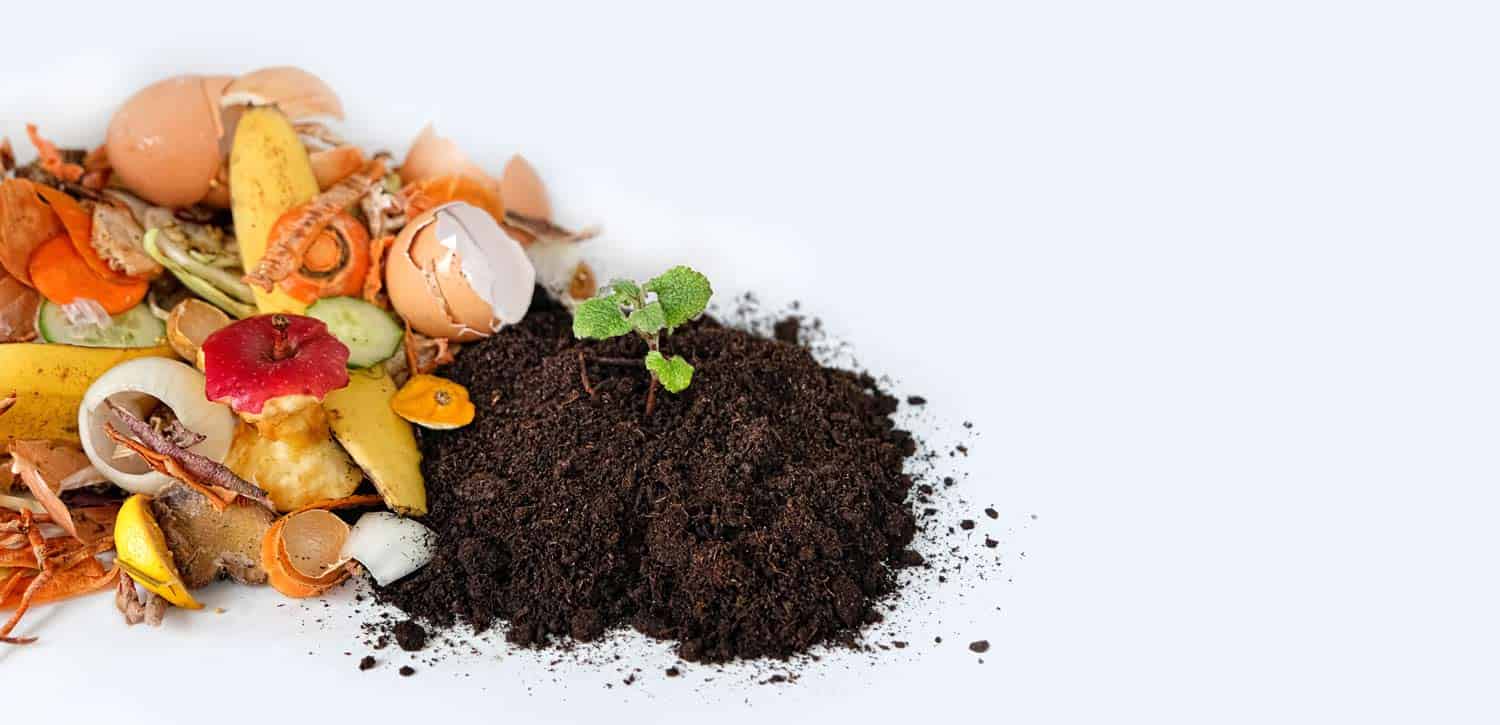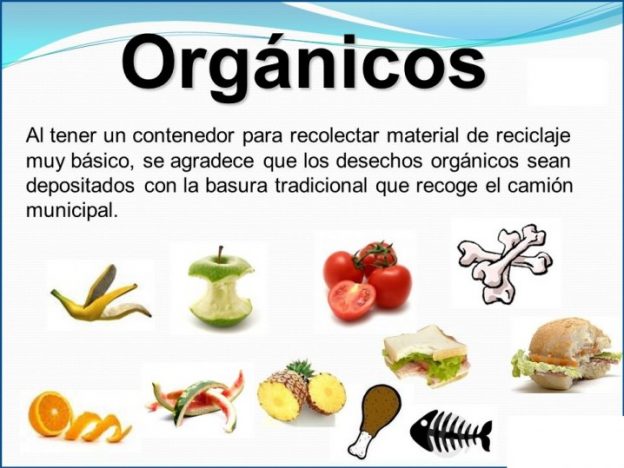que significa basura organica e inorganica Los 5 ejemplos de basura organica para aprender
Post Title: “Understanding the Difference: Organic and Inorganic Waste” Post Introduction:
Do you know the difference between organic and inorganic waste? Understanding this distinction is crucial for effective waste management and environmental conservation. In today’s post, we will shed light on the characteristics of both types of waste and their impact on our planet. So, let’s dive into the world of waste and explore how we can contribute to a greener future!
Basura orgánica e inorgánica….
One of the foundational concepts when it comes to waste management is distinguishing between organic and inorganic waste. Organic waste refers to materials that are biodegradable and originated from once-living organisms, such as food scraps, yard trimmings, and paper products. On the other hand, inorganic waste consists of non-biodegradable materials like plastics, metals, glass, and synthetic fibers.
 Why is it important to separate these two types of waste? Well, organic waste can be decomposed naturally, usually through composting or anaerobic digestion processes. By separating organic waste from inorganic waste, we can significantly reduce the amount of waste sent to landfills. Moreover, organic waste can be converted into valuable resources, such as nutrient-rich compost, which can be used to enrich soil and support sustainable agriculture.
Why is it important to separate these two types of waste? Well, organic waste can be decomposed naturally, usually through composting or anaerobic digestion processes. By separating organic waste from inorganic waste, we can significantly reduce the amount of waste sent to landfills. Moreover, organic waste can be converted into valuable resources, such as nutrient-rich compost, which can be used to enrich soil and support sustainable agriculture.
Now that you have a better understanding of organic waste, let’s explore some practical examples:
 Los 5 ejemplos de basura orgánica para aprender
Los 5 ejemplos de basura orgánica para aprender
1. Food Scraps: Leftover fruits, vegetables, coffee grounds, eggshells, and other organic materials from cooking and eating.
2. Yard Trimmings: Grass clippings, leaves, branches, and other plant-based materials from gardening and landscaping.
3. Paper Products: Newspaper, cardboard, paper plates, and other paper materials that can be recycled or composted.
4. Wood and Sawdust: Sawdust from woodworking and untreated wood materials.
5. Animal Waste: Manure from livestock or pets, which can be converted into biogas through anaerobic digestion.
Remember, proper disposal and recycling of organic waste are essential. By composting or using municipal organic waste programs, we can reduce greenhouse gas emissions, conserve landfill space, and minimize the environmental impact caused by landfills.
On the other hand, inorganic waste requires a different approach. Due to their non-biodegradable nature, it is crucial to recycle and properly manage inorganic materials. Plastics, for example, can take hundreds of years to decompose, polluting waterways and endangering wildlife. By actively recycling materials like plastic, glass, and metals, we can preserve natural resources, reduce energy consumption, and prevent environmental pollution.
So, what can you do to contribute to the proper management of organic and inorganic waste? Start by adopting sustainable practices, such as reducing food waste, recycling, and embracing alternatives to single-use plastics. Together, we can make a significant impact on the health of our planet!
Remember, every small action counts! Let’s work together towards a cleaner, greener future.
Conclusion: In conclusion, understanding the difference between organic and inorganic waste is crucial for effective waste management and environmental conservation. By separating organic waste from inorganic waste and adopting sustainable practices, we can reduce landfill waste, minimize pollution, and create a healthier planet for future generations. So, let’s make conscious choices and contribute to a sustainable future!
If you are searching about Qué es Basura orgánica Características Importancia Ejemplos you’ve came to the right page. We have 5 Images about Qué es Basura orgánica Características Importancia Ejemplos like Basura Orgánica: Qué es, Ejemplos de Residuos Orgánicos | Ecología Hoy, Basura orgánica e inorgánica…. and also Basura orgánica e inorgánica….. Here it is:
Qué Es Basura Orgánica Características Importancia Ejemplos
 quees.mobiImagenes De Desechos Organicos E Inorganicos - Buscar Con Google
quees.mobiImagenes De Desechos Organicos E Inorganicos - Buscar Con Google
 ar.pinterest.comresiduos reciclar basura reciclaje inorganica desechos organica inorganico organico separar reciclemos organicos inorganicos tiremos clasificación recicla reutilizar separemos contaminación clasificacion
ar.pinterest.comresiduos reciclar basura reciclaje inorganica desechos organica inorganico organico separar reciclemos organicos inorganicos tiremos clasificación recicla reutilizar separemos contaminación clasificacion
Los 5 Ejemplos De Basura Organica Para Aprender
 imagenesdelmedioambiente.comBasura Orgánica E Inorgánica….
imagenesdelmedioambiente.comBasura Orgánica E Inorgánica….
 es.slideshare.netBasura Orgánica: Qué Es, Ejemplos De Residuos Orgánicos | Ecología Hoy
es.slideshare.netBasura Orgánica: Qué Es, Ejemplos De Residuos Orgánicos | Ecología Hoy
 ecologiahoy.netResiduos reciclar basura reciclaje inorganica desechos organica inorganico organico separar reciclemos organicos inorganicos tiremos clasificación recicla reutilizar separemos contaminación clasificacion. Qué es basura orgánica características importancia ejemplos. Basura orgánica: qué es, ejemplos de residuos orgánicos
ecologiahoy.netResiduos reciclar basura reciclaje inorganica desechos organica inorganico organico separar reciclemos organicos inorganicos tiremos clasificación recicla reutilizar separemos contaminación clasificacion. Qué es basura orgánica características importancia ejemplos. Basura orgánica: qué es, ejemplos de residuos orgánicos